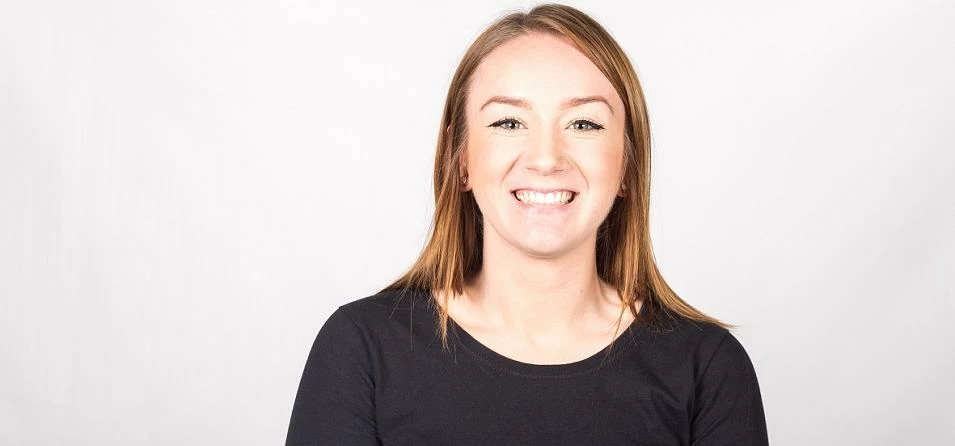
Partner Article
Millennials shape the future of packaging
The pace of change is accelerating across the packaging industry and there’s a new generation of consumers at the wheel. Omega Plastics’ Megan Carr explains the implications for the sector:
Children of the 1980s and 90s are taking over the consumer market and unlike the generations that proceeded them, these millennials are tech-savvy and environmentally conscious. The sustainability of packaging design and materials will often provide the ultimate influence on their spending decisions.
In the US it is estimated this generation will spend approximately $65bn on consumer packaged goods over the next decade, forcing packaging companies to re-think the fundamental way their products appeal to today’s new consumer.
Research has shown that when it comes to purchasing a product, millennials can experience a certain value of emotion towards its packaging which in turn affects their buying behaviour. Visuals of the packaging itself has proved important, but today millennial consumers are also looking for convenience and are very aware of the environmental impact of their products.
Because of this we have seen a significant increase in the use of flexible packaging and non-rigid packaging structures.
Flexible packaging
Meeting the needs across all demographics and lifestyles, flexible packaging is proving extremely popular across all product ranges.
While growing at an annual rate of 3%, it is set to take over half of the food packaging market reaching 53.1% by 2018.
Not only is this eco-friendly packaging method winning the hearts of the environmentally aware, with the ageing population requiring lighter packs and easy openings, small households needing re-sealable packaging and the younger generation wanting disposable and single use products, flexible packaging has the diverse properties to meet the needs of any consumer.
Moving forward, the flexible packaging market has a projected market worth of more than £170bn by 2020 and has become the fastest growing packaging sector over a 10 year period.
Currently, rigid plastic holds the majority of the market share with 29.6% of packaging being manufactured from the inflexible polymer. However, not far behind is flexible plastic with 26.1% market share.
All of this research provides us with an insight into what the future holds for this industry and we can confidently predict significantly increased demand for packaging to be more adaptable towards different lifestyles, all the while being environmentally friendly.
At Omega Plastics we have a lot of experience in the FMCG market and we have worked with a number of well-known brands including Unilever.
Offering design for manufacture services we are able to take products from the design concept through manufacturing and offer post-mould operations and assembly.
To find out more about how we can meet your FMCG and packaging needs please contact us via http://www.omega-plastics.co.uk/enquire-now/
This was posted in Bdaily's Members' News section by Round Table Solutions Ltd .
Enjoy the read? Get Bdaily delivered.
Sign up to receive our popular morning National email for free.








 Raising the bar to boost North East growth
Raising the bar to boost North East growth
 Navigating the messy middle of business growth
Navigating the messy middle of business growth
 We must make it easier to hire young people
We must make it easier to hire young people
 Why community-based care is key to NHS' future
Why community-based care is key to NHS' future
 Culture, confidence and creativity in the North East
Culture, confidence and creativity in the North East
 Putting in the groundwork to boost skills
Putting in the groundwork to boost skills
 £100,000 milestone drives forward STEM work
£100,000 milestone drives forward STEM work
 Restoring confidence for the economic road ahead
Restoring confidence for the economic road ahead
 Ready to scale? Buy-and-build offers opportunity
Ready to scale? Buy-and-build offers opportunity
 When will our regional economy grow?
When will our regional economy grow?
 Creating a thriving North East construction sector
Creating a thriving North East construction sector
 Why investors are still backing the North East
Why investors are still backing the North East